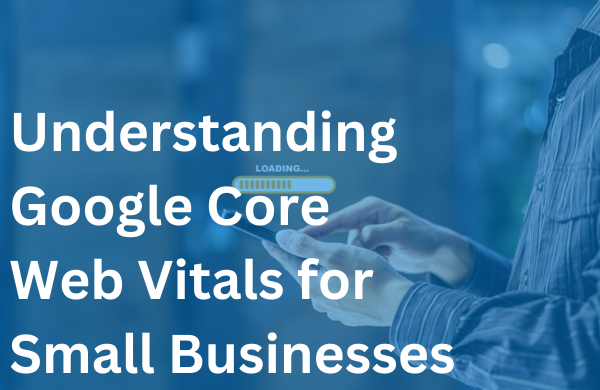For a local business, your SEO is not just a matter of visibility, it’s a matter of existence. Today, if your business is not on Google Maps, people don’t route to it. If you don’t have visible reviews, you might not be a real company in the eyes of new customers. Getting that top result could secure between 31%–54% of clicks from relevant searches, resulting in leads, conversions, and local visibility.
Whether you are trying to increase leads, conversions, engagement, or reputation, your local SEO matters. To improve it, you will need to master several local SEO ranking factors. This will determine your SERP (search engine results page) position for each local user and related search, boosting your visibility with each factor you improve.

The Google Factor – Your Google Business Profile
Because Google is the leading search engine, your Google Business Profile (previously Google My Business) matters a great deal. The information associated with your local business will determine how your business appears on Google’s Local Search Pack (the preview of local businesses offered on the main search page) and organic local searches based on location and keywords.
It is vital to fill your Google Business Profile with all your relevant information and to keep this information up to date. When Google personalizes local searches, your GBP will determine if you appear based on distance, hours, and/or relevance. In addition, Google likes to see that other local listing sources across the web, like Yelp or TripAdvisor, are featuring the same business information – so be sure to keep all local listings sites current (and ask us if you aren’t sure which ones are important!).
The Keyword Factor – A Magnet Cluster of Local Keywords
Your local keywords serve as anchors for drawing local SEO results based on users searches. This is typically referred to as “on-site” search engine optimization, relating to the content written on your website. For example, if you service a variety of cities nearby, ensuring your website lists the names of the cities and neighborhoods nearby that you work in, you can appear in a larger range of organic local searches. If your business has a local storefront, ensure that accurate business information like your address and hours is easily accessible and represented on your website.
Your website is more likely to register as local and related to searches that include a local keyword when there is consistent inclusion of certain things like the cities you service or the type of product you specialize in. Weave local keywords and relevant phrases into your content, including creating content about local events, which takes us to link building.
The Link Building Factor – Local Link Networking
Inbound and outbound links are great for SEO. Building a network of links with other local businesses can be helpful for increasing your search engine rankings locally. You can build both citation links and backlinks by writing about and for your community. Win backlinks by writing the best article about a local festival, and generate citation links by sharing helpful references to other local businesses nearby.
By joining local organizations and partnering with local businesses (and influencers), you can build your brand and the strength of your SEO in a growing link network.
The Social Proof Factor – Reviews, Testimonials, and Project Galleries
Reviews are essential to any business, especially local businesses offering a nearby experience. People want to see that others have enjoyed your services or products previously, and Google wants to see evidence of steady patronage to prove your business is a real operation.
Google also uses reviews as keyword anchors, for example, to determine if a restaurant sells “brunch” items or if they are considered fast or slow. The good news is that your review responses are used similarly, so answers provided can improve your SEO ranking and keyword results.
The Technical Factor – Website and Mobile Performance
When it comes to SEO, you must always consider technical SEO as well. If your page loads too slowly or locals bounce off it quickly, Google will downgrade your ranking despite great content. Technical SEO helps to ensure that your hard-earned clicks result in an immersive digital experience instead of disengagement during the wait.
Now What?
These key factors are essential to boosting your local SEO results. If you want internet users who live nearby to discover your brand, explore your website, and become paying customers, you will first need to reach them through search engines like Google. This means building a powerful Google Business Profile (and other local listings), honing your keywords, tuning your page performance, cultivating reviews, and building a network of local businesses who often link to one another to the benefit of local customers.
To discover more about how to master your local SEO and its results, contact us today.





